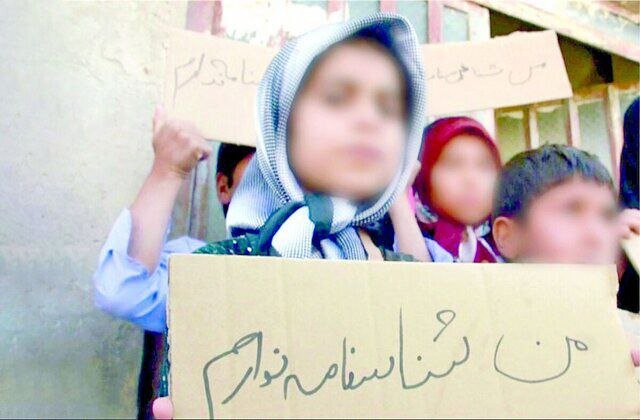Over 29,000 ID cards issued for children born to Iranian women, foreign men

TEHRAN –Under the nationality law amended in 2019, a total of 29,045 Iranian identity cards have been issued for children born to Iranian mothers and foreign fathers.
According to the law, women who married non-Iranian men can request Iranian citizenship for their children under the age of 18. In case they have no security problem, they will obtain their identity cards, ISNA quoted Afshar Khakbaz, an official with the Civil Registration Organization, as saying.
“Otherwise, upon reaching 18, the children themselves can apply for receiving identity cards.
If the applicants have no security problems, the identity cards will be issued for them,” The official added.
The first identification cards for children born to an Iranian mother and a foreign father living abroad were issued in November 2020.
The first birth certificates were issued to the children of an Iranian woman married to a foreign man in Dubai (Marian and Lillian).
In December 2020, the Ministry of Foreign Affairs announced the registration started for the issuance of birth certificates for children of Iranian mothers abroad.
Addressing statelessness
Being a stateless person means “not being recognized as a national by any state under the operation of its law.” As a result, stateless people are often excluded from society as their access to education, health services, job opportunities, financial means, legal ownership or even marriage is limited.
On October 8, 2019, Iran took a step towards reducing statelessness in the country and around the globe. The law allows Iranian mothers married to non-Iranian men to pass their nationality to their children.
Although Iran is not a party to the UN Conventions on Statelessness, the Government of the Islamic Republic of Iran is taking concrete steps towards the prevention and reduction of statelessness in the country.
This law is contributing to improving the lives of thousands of children and is marking a major step towards reducing statelessness in Iran.
Today, millions of people around the world are denied a nationality. As a result, they often are not allowed to go to school, see a doctor, get a job, open a bank account, buy a house, or even get married.
Stateless people may have difficulty accessing basic rights such as education, healthcare, employment, and freedom of movement. Without these things, they can face a lifetime of obstacles and disappointment.
MT/MG
Leave a Comment